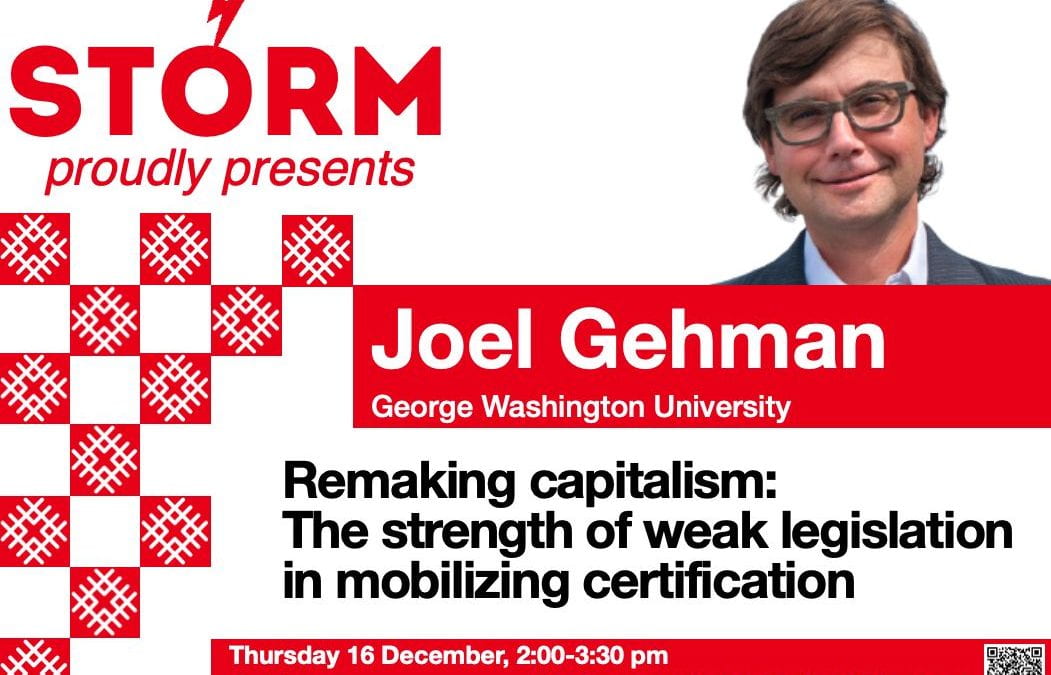Remaking capitalism: The strength of weak legislation in mobilizing certification
About the Research
There are increasing cross-sector efforts aimed at remaking capitalism into a more just, sustainable, and inclusive system. But how do these distributed efforts, which often vary in strength, interact? We contribute by drawing attention to the interaction between weak and strong governance reforms. First, we theorize that the enactment of weak sustainability legislation is likely to increase pressure on sustainable businesses to initially pursue strong third-party certification. Second, as the scope of such weak legislation increases, the challenge of complying with ambiguous requirements compounds, thereby introducing the need for recertification. We test our ideas by examining the effects of the frequently criticized benefit corporation legislation passed in 36 U.S. jurisdictions on the related B Corp certification. We find that both initial certifications and recertifications increase in states with such legislation, and that these effects are amplified or attenuated depending on regional sustainability norms. Taken together, our findings add to the growing societal conversation regarding the need to remake capitalism by illustrating how legislative weakness creates both an opportunity and a burden for organizations to authenticate their sustainability commitments.
About Joel Gehman (George Washington University)
Joel Gehman is professor of strategic management and public policy and the Lindner-Gambal Chair of Business Ethics at the George Washington University School of Business (GWSB).
He studies sustainability, innovation, strategy, and entrepreneurship. In particular, he investigates how grand challenges related to sustainability and values affect organizational strategies, technology innovation, and institutional arrangements. And reciprocally, how organizations, innovation and institutions affect the emergence and trajectories of grand challenges.
In approaching these questions, Gehman draws primarily on organization theory, together with insights from strategic management, and science and technology studies. His work also takes a process perspective, focusing on the organization of concerns over place and time.
He is the investigator, co-investigator or recipient of more than $5 million in research funding. His ongoing research examines these issues in the context of technology entrepreneurship, B Corporations, sustainable food and wine, unconventional shale gas drilling, hydraulic fracturing patents, shareholder activism, multinational divestitures, social license to operate, and cultural understandings of risk, among others.
Before becoming a professor, Gehman spent 13 years in industry. He regularly advises and consults with diverse organizations. He graduated from Cornell University (B.S.) and the Pennsylvania State University (Ph.D.).
Date: Thursday 16 December
Time: 2:00-3:30 pm CET
Venue: Zoom (link provided to registered attendees only)
Should you want to attend (on Zoom), please register at the link.


